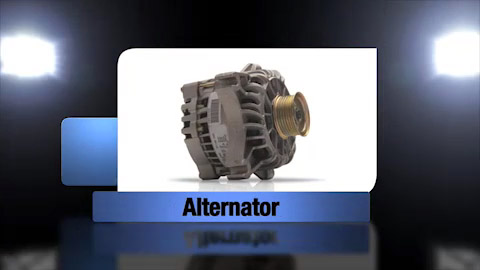More and more of us are hanging on to our vehicles longer. A company by the name of HIS Markit recently released a report that shows the average age of light vehicles in the U.S. is now 11.8 years. Light vehicles are cars, SUVs (sport utility vehicles) and CUVs (compact utility vehicles).
In Canada, the average life expectancy of a vehicle there is around 13 years, and in the U.S., it’s around 15. Vehicles are lasting longer these days, and there are several reasons for that.
One expert cites better technology and overall quality improvements. While in past years, vehicles were made mainly of heavier steel components, more modern vehicles contain lighter magnesium and aluminum alloys, high-strength steel, polymers and carbon fiber. They last longer and reduce the overall vehicle weight, and that can contribute to better fuel economy.
Modern internal combustion engine designs have been improved, and since they use more computers, they are more efficient with better performance. Those factors also contribute to a longer-lasting powertrain. In fact, it’s not unusual to see a powertrain easily last 150,000 miles/250,000 kilometers or more with no major failures.
Drivers are also taking their vehicles in more regularly for periodic maintenance. Choosing one service facility for all your maintenance can contribute to your vehicle’s longevity, too, since technicians know your vehicle’s repair and service history.
If you bought your vehicle taking out a 5-year loan and you keep it 11 years, you’ve managed 6 of those years without a payment, always a nice feeling. Plus, a bonus is that you get very familiar with every aspect of that vehicle’s sounds, smells, handling, stopping characteristics, visibility and limitations. And the more familiar you are with your vehicle, the more confident you can be as a driver.
Autotronics of St. Peter
111 Jefferson Avenue
St. Peter, MN 56082
507.934.9290
http://autotronicsstpeter.com
